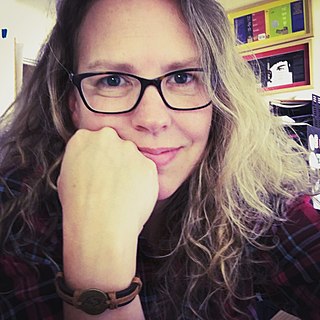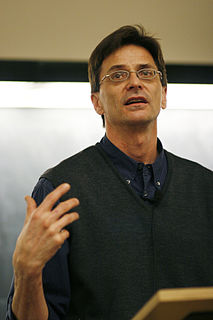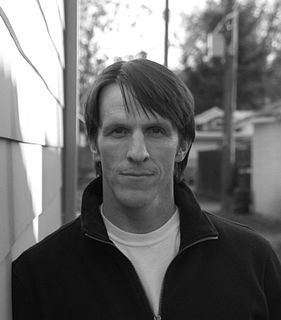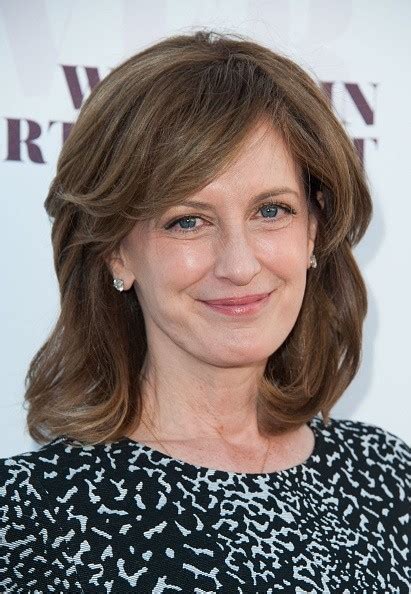A Quote by Peter Thiel
My own answer to the contrarian question is that most people think the future of the world will be defined by globalization, but the truth is that technology matters more.
Related Quotes
Wes Clark is a man of whom you can ask a question, and he will look you directly in the eye, and give you the most truthful and complete answer you can imagine. You will know the absolute truth of the statement as well as the thought process behind the answer. You will have no doubt as to the intellect of the speaker and meaning of the answer to this question....So you can see, as a politician, he has a lot to learn.
We can each sit and wait to die, from the very day of our births. Those of us who do not do so, choose to ask - and to answer - the two questions that define every conscious creature: What do I want? and What will I do to get it? Which are, finally, only one question: What is my will? Caine teaches us that the answer is always found within our own experience; our lives provide the structure of the question, and a properly phrased question contains its own answer.
For most affairs, this eventually becomes the most fundamental of questions, the only one that matters: Do we love each other more than the lives we already have? It is the question that hovers in the background of every secret phone call, flavors every tryst with the head of possibilities of apocalypse and renewal; and it is the answer to that question, or the lack thereof, that so often dooms an affair to failure.
Especially now, the immigrant problem is very dramatic around the world. Because we don't know what to do with them. They're in economic crisis, and there are more and more. There will be more and more. We speak about globalization of economy, but it's also globalization for immigration. Millions of people, they're willing to have a better life. A better life, they cannot have it where they live, so they move.
I think that the movement against the World Bank, against the globalization process that is happening, is very positive. We need a globalization, a globalization of people who are committed to social justice, to economic justice. We need a globalization of people who are committed to saving this earth, to making sure that the water is drinkable, that the air is breathable.
Globalization and technical change are the guarantee of our future prosperity. And reversing on that will not only make things worse, but it will make things worse for a very large number of people around the world who have benefitted - people in China and India who have been dragged out of the most awful poverty.


































